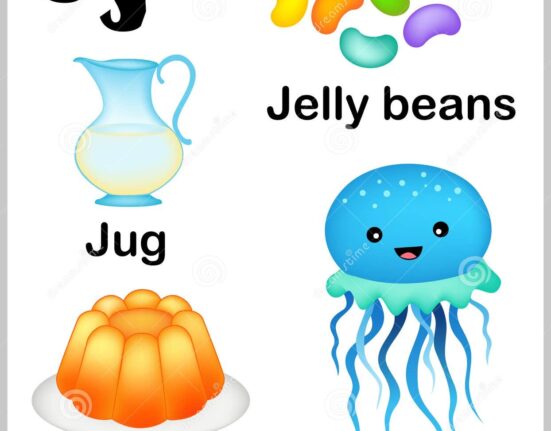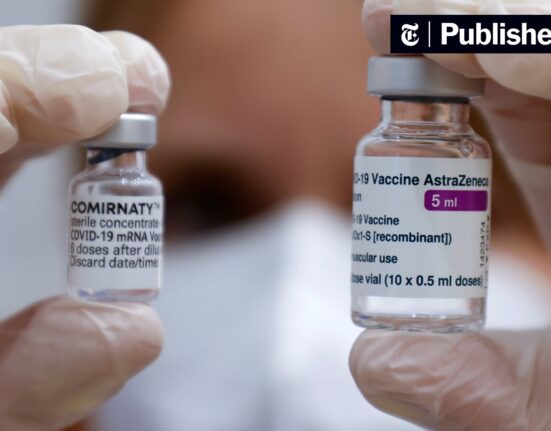In a groundbreaking development, Switzerland’s drug regulator has given the green light to the world’s first malaria treatment specially formulated for newborn babies. This milestone approval marks a significant advancement in healthcare, particularly in regions of Africa where malaria poses a grave threat to infants.
The pharmaceutical giant Novartis conducted a rigorous late-stage clinical trial that demonstrated the safety and effectiveness of the new medicine designed for babies weighing less than five kilograms. Previously, infants in this age group were administered either a full or half-dose of antimalarial drugs meant for older babies, posing risks due to differences in how newborns metabolize medications.
Dr. Lutz Hegemann, president of Novartis’ global health program, emphasized the importance of addressing this critical gap in treatment:
“Every one of those [babies] is a potential target for malaria infection. We don’t want to leave any patient behind, no matter how small they are.”
This sentiment underscores the urgent need to protect vulnerable newborns from the deadly effects of malaria.
According to the World Health Organization (WHO), approximately 36 million pregnancies were reported in 33 African countries with high malaria prevalence in 2023. Alarmingly, one in three mothers contracted malaria during pregnancy, significantly increasing the likelihood of transmitting the disease to their newborns. With an estimated 597,000 annual deaths attributed to malaria globally, infants bear a substantial burden of mortality, particularly in Africa where most fatalities occur among children under five years old.
The new medicine, named Coartem Baby, offers a ray of hope for these youngest patients by providing a tailored dosage and formulation that minimizes side effects and enhances efficacy. Dr. Quique Bassat from the Barcelona Institute of Global Health praised this innovative approach:
“Now we have something which is perfectly suitable for that specific age group where there was a gap.”
The medication not only addresses crucial medical needs but also introduces practical enhancements such as a sweet cherry flavor and compatibility with breast milk for easier administration. These thoughtful adjustments aim to improve compliance and ensure seamless delivery of treatment to infant patients.
Looking ahead, eight African countries – Burkina Faso, Ivory Coast, Kenya, Malawi, Mozambique,
Nigeria,
Tanzania,
and Uganda – are poised
to swiftly approve Coartem Baby through collaboration with Swissmedic. This strategic partnership signifies a concerted effort to expand access
to essential healthcare interventions across regions heavily impacted by malaria.
Dr.
Hegemann expressed optimism about
the forthcoming rollout:
“Novartis hopes
to make
the medicine available on
a not-for-profit basis starting this autumn.”
By prioritizing affordability
and accessibility,
the initiative aims
to save lives and mitigate
the devastating impact
of malaria on vulnerable populations.
In conclusion,
the approval
of the world’s first
malaria treatment tailored specifically
for newborn babies represents
a pivotal moment in global health care.
As pharmaceutical companies collaborate with regulatory bodies and international partners
to address unmet medical needs,
innovations like Coartem Baby serve as beacons
of progress and compassion,
transforming healthcare outcomes
for the most vulnerable members
of our society.









Leave feedback about this